Plastic pollution is a pressing environmental issue, as well as the production of plastic versus reusable materials. The kitchen is one of the primary areas where plastic usage can be minimized.
From food storage to cooking utensils, plastic has become a daily habit for many people. However, with conscious efforts and alternative solutions, we can significantly reduce our plastic use in the kitchen. Here are some practical tips to help you transition to a more sustainable kitchen.
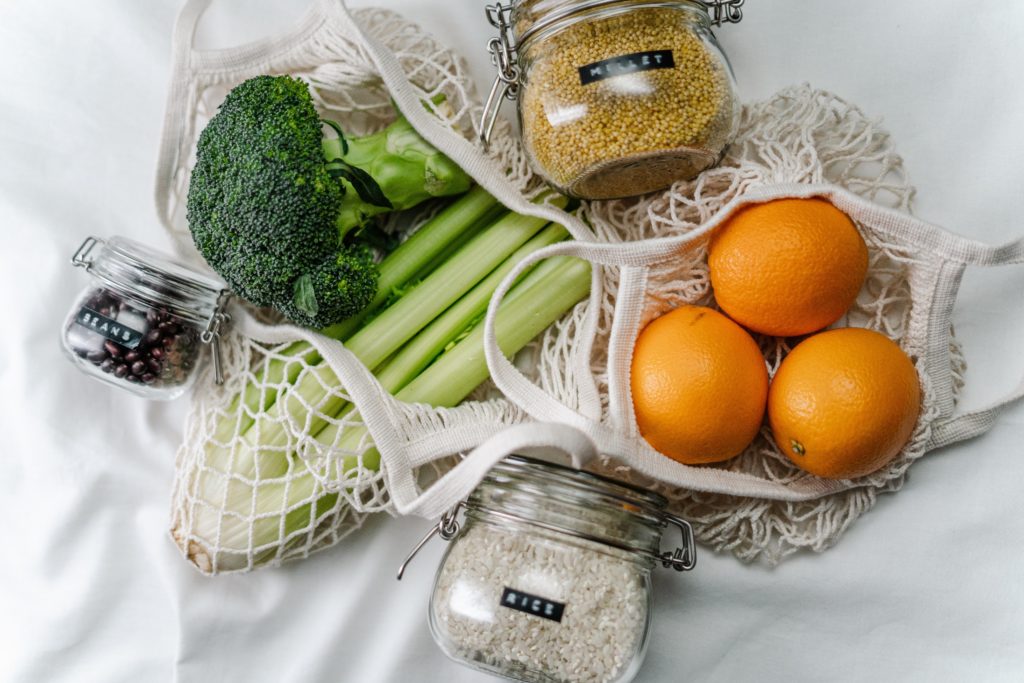
Choose Reusable Containers
Instead of relying on disposable plastic bags and containers for food storage, invest in durable and reusable alternatives. Opt for glass, stainless steel, or ceramic containers for storing leftovers, bulk items, and pantry staples. These materials are not only more eco-friendly but also safer for food storage as they don’t leach harmful chemicals into your food.
Ditch Single-Use Plastic Wrap
Traditional plastic cling wrap is a major contributor to kitchen waste. Swap it out for beeswax wraps or silicone stretch lids, which are washable, reusable, and provide a sustainable alternative for covering bowls, plates, and food containers. Beeswax wraps are made from natural materials and can be composted at the end of their lifespan, further reducing environmental impact.
Choose Sustainable Utensils and Cookware
When shopping for kitchen utensils and cookware, opt for items made from sustainable materials such as bamboo, wood, or stainless steel. Replace plastic spatulas, ladles, and cooking spoons with their eco-friendly counterparts. Additionally, consider investing in cast iron or stainless steel cookware, which are durable, long-lasting, and free from harmful chemicals commonly found in non-stick coatings.
Stop Using Plastic Bags
Reduce your reliance on plastic bags for storing produce by utilizing reusable produce bags made from cotton or mesh fabric. These breathable bags are perfect for carrying fruits and vegetables from the store to your home and can be easily washed and reused multiple times. There are also wax paper bags made for sandwiches that are a great alternative to sandwich baggies. By reducing your use of plastic bags, you will significantly reduce your plastic consumption and contribute to a cleaner environment.
Shop in Bulk
Buying food items in bulk not only saves money but also helps minimize packaging waste. Bring your own reusable containers or bags to bulk stores and refill them with grains, nuts, spices, and other pantry staples. Many bulk stores offer a wide selection of package-free products, allowing you to reduce your reliance on single-use plastic packaging and support a more sustainable food system.
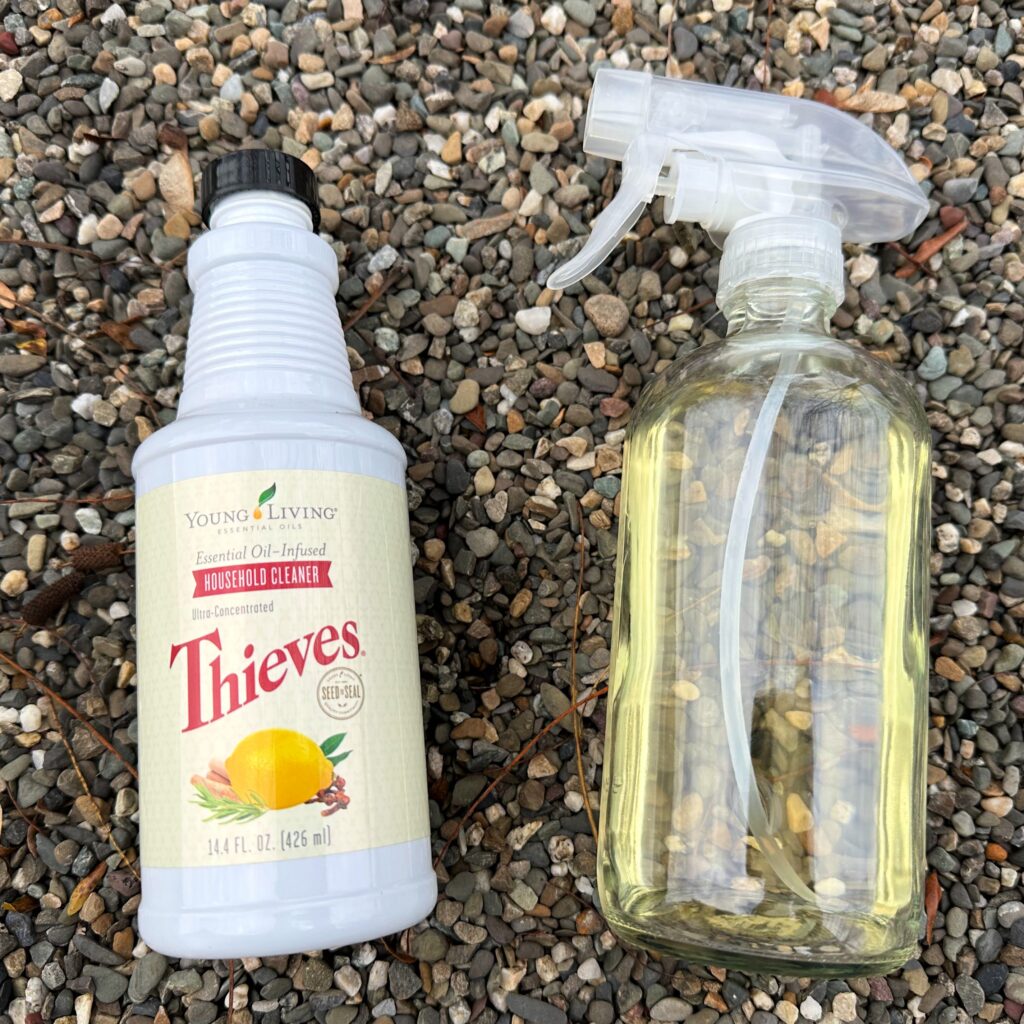
Make Homemade Cleaning Products
Commercial cleaning products often come packaged in plastic bottles and contain harmful chemicals that can harm both the environment and your health. Instead, opt for homemade cleaning solutions using simple, non-toxic ingredients like vinegar, baking soda, and essential oils. These DIY cleaners are effective, affordable, and can be stored in reusable glass bottles, reducing plastic waste in your kitchen.
Choose Plastic-Free Alternatives
When shopping for groceries, be mindful of plastic packaging and choose plastic-free alternatives whenever possible. Look for products packaged in glass, cardboard, or paper containers, or opt for products sold in bulk bins to minimize packaging waste. Additionally, consider switching to plastic-free alternatives for everyday items such as toothbrushes, dish brushes, and scrubbers, which are now readily available in many eco-friendly stores.
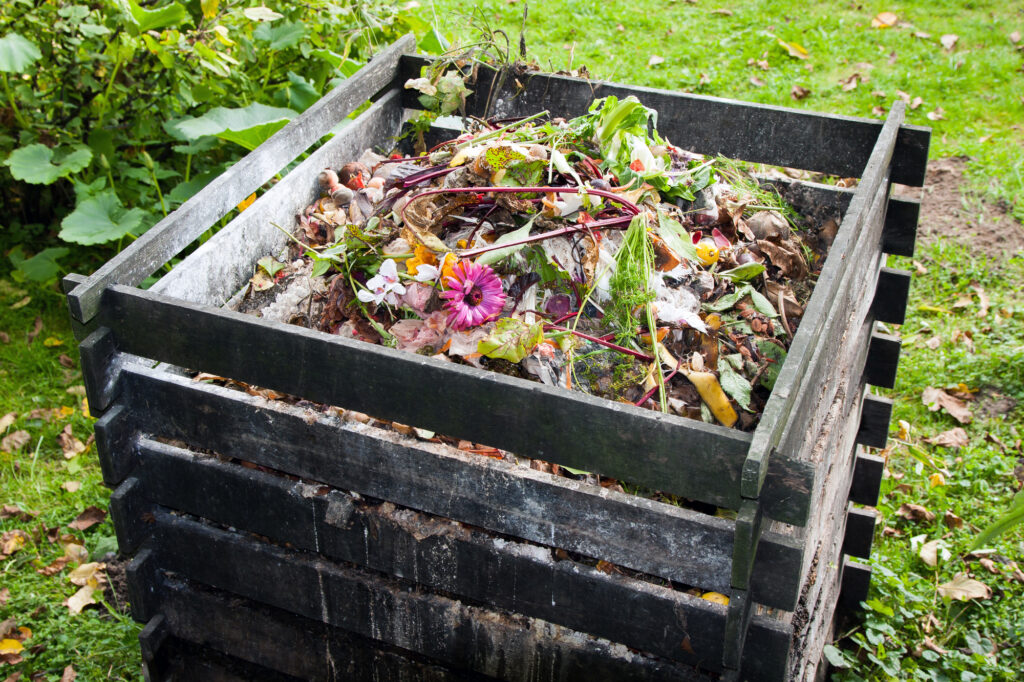
Compost Food Scraps
Reducing food waste is another essential aspect of creating a more sustainable kitchen. Instead of throwing away food scraps, compost them to create nutrient-rich soil for your garden. Use a compost bin or pile to compost fruit and vegetable peels, coffee grounds, eggshells, and other organic waste. Composting not only reduces the amount of waste sent to landfills but also helps close the nutrient loop and support healthy soil ecosystems.
Transitioning to a plastic-free kitchen, or at least minimal use of plastics, requires a shift in mindset and habits, but the benefits for the environment are well worth the effort. By adopting these practical tips and making conscious choices in your daily routine, you can significantly reduce your plastic usage and contribute to a healthier planet. Start small, experiment with different alternatives, and inspire others to join you on the journey towards a more sustainable kitchen environment.


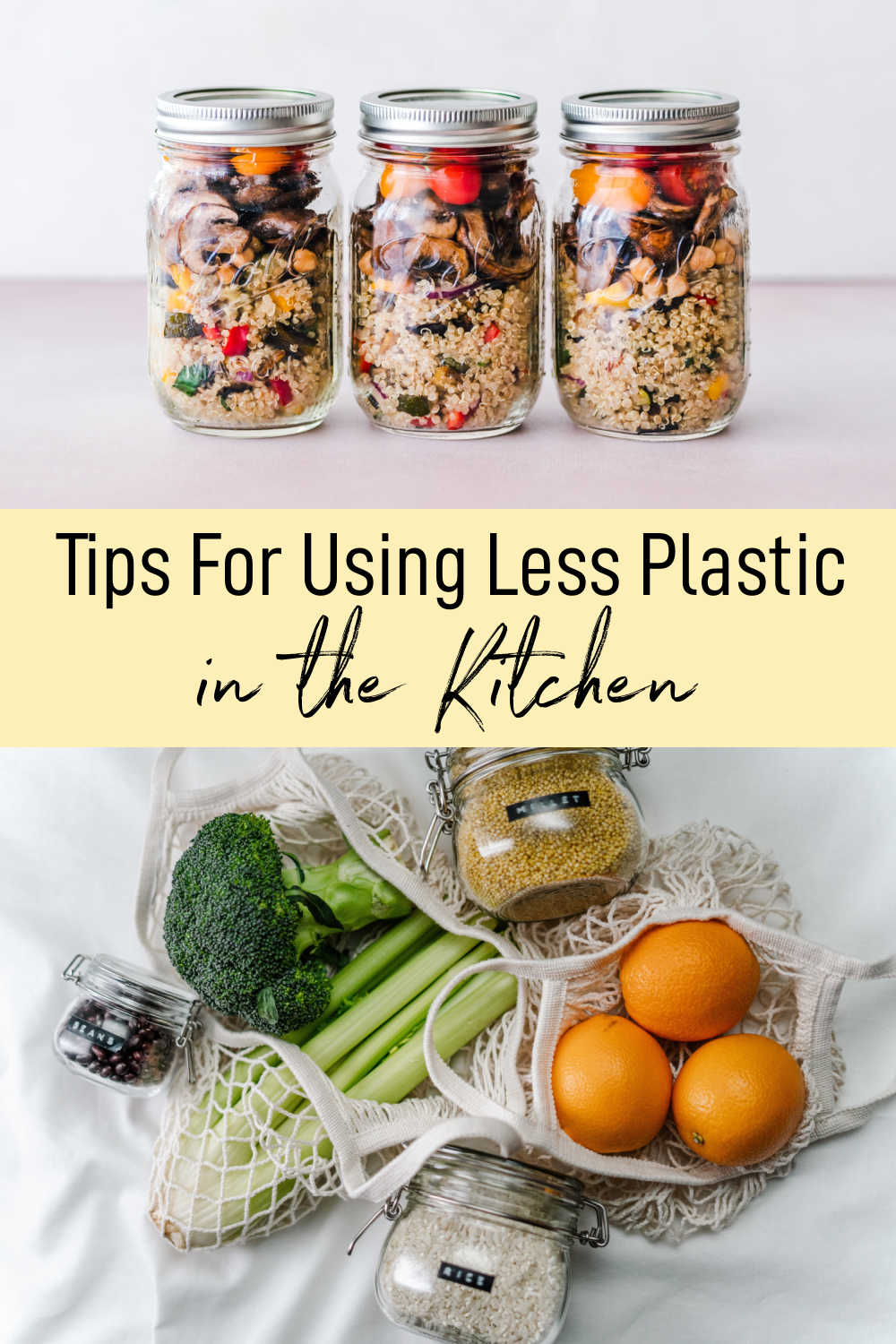


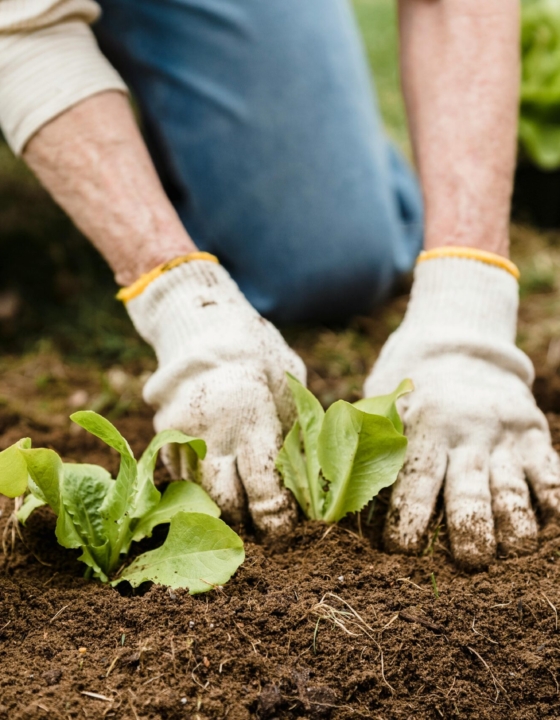
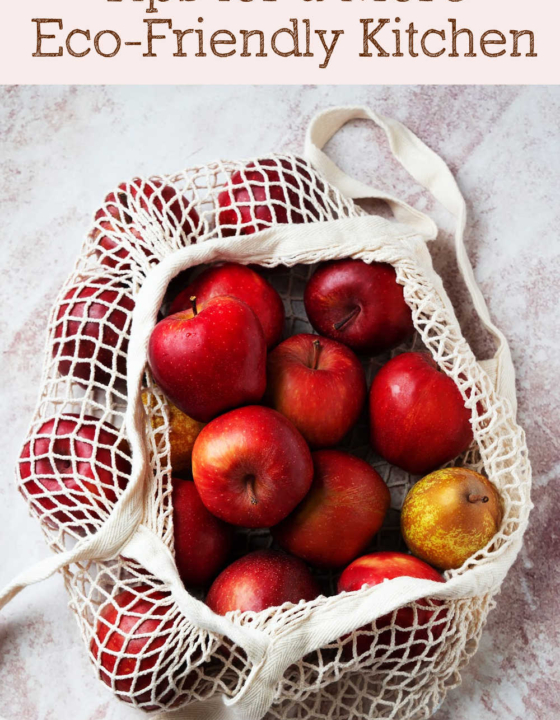
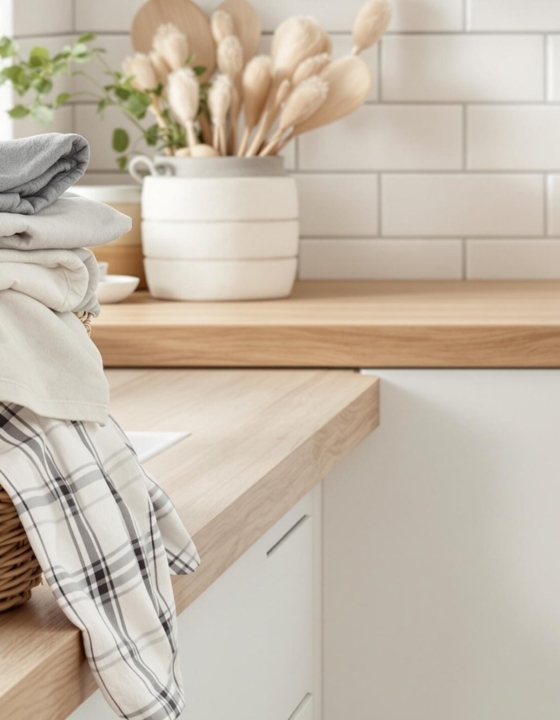

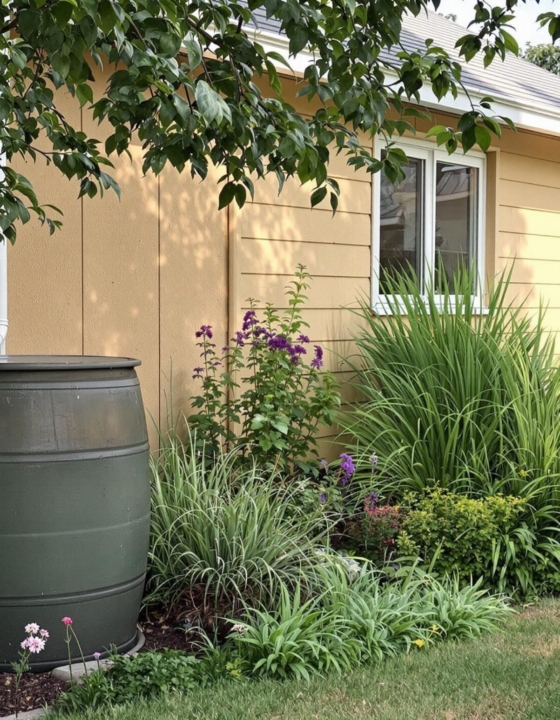
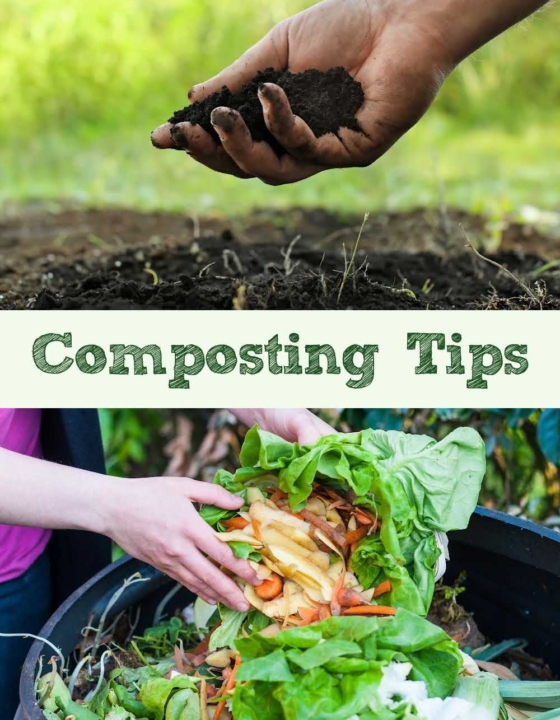
Amber Myers
February 7, 2024I need to work harder on doing this. I know at the moment I use way too much plastic. I will keep these tips in mind.
Peachy @ The Peach Kitchen
February 8, 2024Thanks for the tips. I always use reusable containers for storing just about anything!
Lori Bosworth
February 8, 2024I’ve been using Beeswax wraps to wrap my vegetables and I love them! They last a long time if you take care to wash them after each use.
Beautiful Touches
February 8, 2024Glass bottles is great for reduced use of plastics in the home! Also love and support utilizing composting as well as buying in bulk! I’ve always had a large family and emergency stock in the pantry and can attest to how this is economically friendly!
vidya
February 8, 2024such great tips!! we do use stainless steel (what we always used for storage and eating/drinking with growing up in India) and glass for storage in our home, and try to buy things in bulk where possible
LavandaMIchelle
February 8, 2024I found your suggestions practical and inspiring. I’m excited to implement some of these changes, like switching to reusable containers and investing in sustainable utensils and cookware
Helen Garfield
February 9, 2024Yes, I think this needs to be talked about more. I use glass jars, and re-use tins (like cookie tins) whenever possible – plus, they look so much nicer!
Melissa Cushing
February 10, 2024I am loving this and I love the idea of replacing plastic with glass. I have been purchasing glass storage containers recently and will continue doing so. I also love the reusable produce bags and have lots of those too!
Nancy at Whispered Inspirations
February 10, 2024These are such great tips. I think I need to give composting another go. Thanks for the ideas.
Bryan
February 13, 2024Plastic is a problem. In my household, we strive to take our own bags to the grocery store when we shop. Those small, plastic bags they use really multiply over time.
Dana
February 13, 2024This is a beautiful article about reducing plastic in the kitchen. My goal is to reduce plastic, especially using plastic bags and plastic wrap. This is an excellent guide for getting started.
Alice Mola
February 13, 2024We stopped using plastic bags in 2018 and I initially thought I’d miss them, but our shopping bags and cart have totally replaced them and we don’t even think about them anymore. The only time we do use a plastic style bag is for taking the dog out, and those are compostable!
Richard Lowe
February 13, 2024There are lots of good tips here. It is so easy to make your life a little more environment friendly.
Olga
February 13, 2024Thank you for this blog post. Recently, I started to think about how to make my kitchen more eco-friendly and get rid of some plastic stuff. I`ll follow your tips now.
Beth
February 13, 2024I’m so inspired right now! I’m going to hit up Amazon and find some glass containers instead of the plastic ones I was looking it.
Beeb
February 13, 2024The kitchen is a great place to start if you’re trying to reduce your carbon footprint. Thanks for all these great tips!
Catalina
February 18, 2024I’s all for using less plastic in general. Great tips.
Fransic verso
February 22, 2024We always work our best to use less plastic in the house and these great additional tips that we can follow. Thank you for sharing!